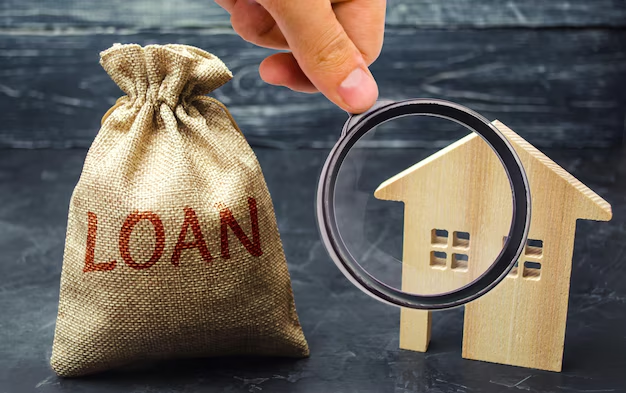Subprime loans often serve as a financial lifeline for borrowers with less-than-perfect credit. However, they come with unique risks and costs that require careful consideration. This article explores what subprime loans are, their pros and cons, and whether they might be the right choice for your financial situation.
What Are Subprime Loans?
Subprime loans are designed for borrowers who do not qualify for traditional loans due to low credit scores, typically below 600. These loans come with higher interest rates and fees to offset the increased risk to the lender. Subprime loans are commonly offered for mortgages, auto financing, and personal loans.
Features of Subprime Loans
1. Higher Interest Rates
Subprime loans often carry interest rates significantly above prime rates, increasing the total cost of borrowing.
2. Flexible Qualification Requirements
Lenders may approve borrowers with low credit scores, inconsistent income, or a history of financial challenges.
3. Adjustable or Fixed Rates
Some subprime loans have adjustable rates, which may start low but increase over time, while others have fixed rates.
4. Shorter Loan Terms
In some cases, subprime loans may come with shorter repayment periods, resulting in higher monthly payments.
Pros of Subprime Loans
- Access to Financing: They allow borrowers with poor credit to secure loans for necessary purchases or emergencies.
- Opportunity to Rebuild Credit: Timely payments on a subprime loan can improve your credit score over time.
- Flexible Terms: Subprime lenders often provide tailored options for unique financial situations.
Cons of Subprime Loans

- High Costs: The elevated interest rates and fees can lead to significant financial strain.
- Risk of Default: Higher monthly payments may increase the risk of falling behind on payments, impacting your credit further.
- Complex Terms: Subprime loans can include clauses or fees that are difficult to understand, leading to potential financial pitfalls.
When Are Subprime Loans Right for You?
Subprime loans can be a viable option if:
- You need urgent access to financing and have no other options.
- You’re confident in your ability to make consistent, on-time payments.
- The loan is for an essential purchase, like a car for work or a necessary home repair.
However, they may not be ideal if the loan terms significantly strain your budget or if alternatives like improving your credit or seeking a cosigner are available.
Alternatives to Subprime Loans
1. Improve Your Credit Score
Work on paying down debts, disputing errors on your credit report, and maintaining on-time payments to qualify for prime loans.
2. Seek a Cosigner
A cosigner with good credit can help you secure better loan terms.
3. Explore Credit Union Loans
Credit unions often offer more affordable loan options to members, even those with lower credit scores.
4. Peer-to-Peer Lending
Online platforms connect borrowers directly with individual lenders, often offering lower rates than traditional subprime lenders.
Conclusion
Subprime loans can provide much-needed financial relief for those with poor credit, but they come with substantial risks. Before committing to a subprime loan, carefully assess your financial situation, explore alternatives, and understand the loan’s terms. The right choice depends on your ability to manage the loan responsibly and your long-term financial goals.
FAQs
1. How do I qualify for a subprime loan?
Subprime loans typically require proof of income and identification. While credit scores are less important, lenders may still assess your credit history and debt-to-income ratio.
2. Are subprime loans only for mortgages?
No, subprime loans are also available for auto financing, personal loans, and even credit cards.
3. Can I refinance a subprime loan?
Yes, if your credit improves, you may be able to refinance into a loan with better terms and lower interest rates.
4. Are there risks of predatory practices with subprime loans?
Yes, some subprime lenders engage in predatory practices. Always read loan agreements carefully and ensure the lender is reputable.
5. How can I avoid subprime loans?
Work on improving your credit score, building savings, or seeking loans from credit unions or community organizations that cater to borrowers with lower credit.


